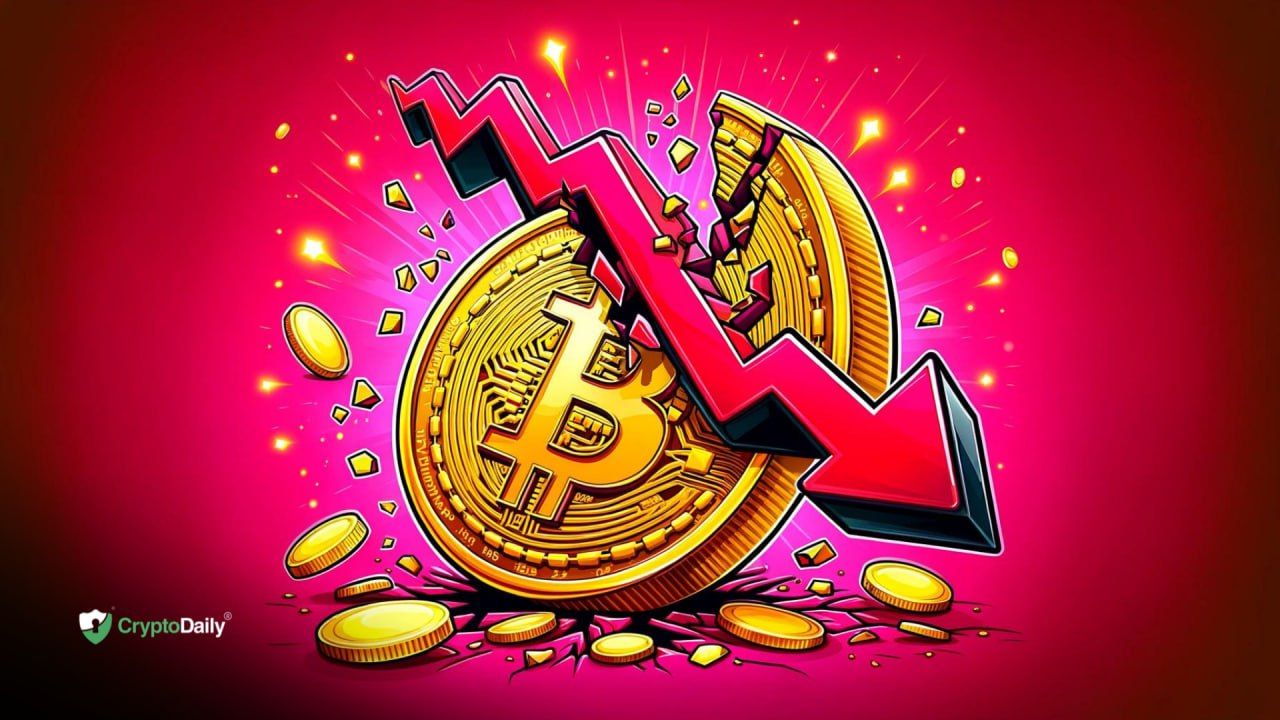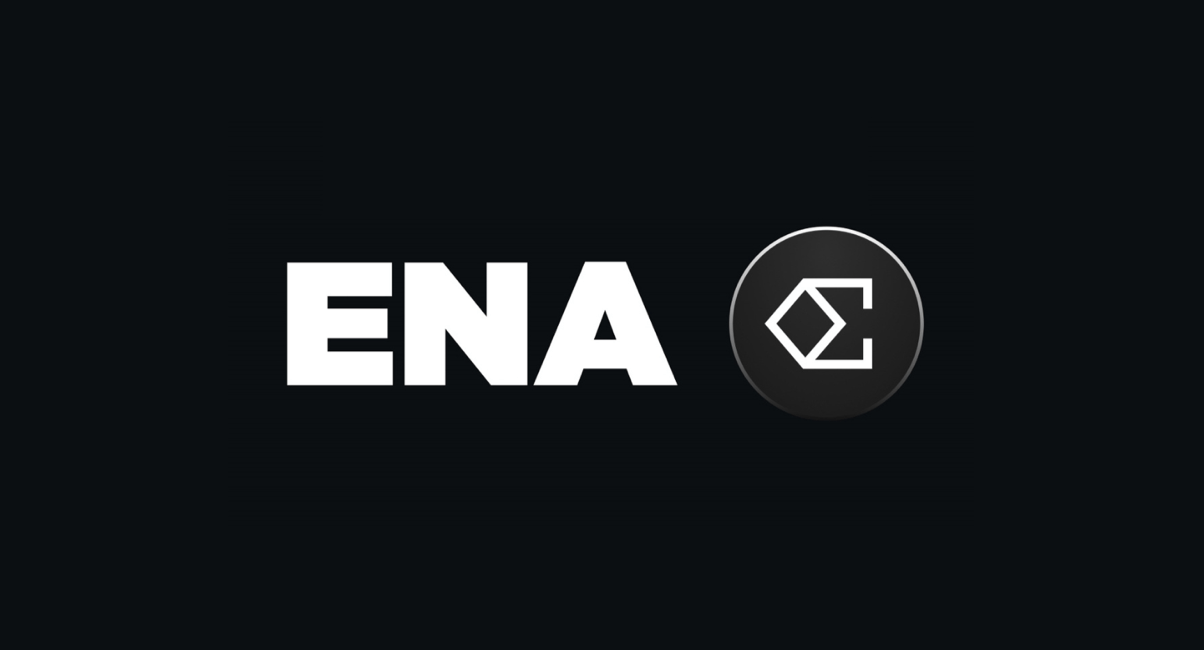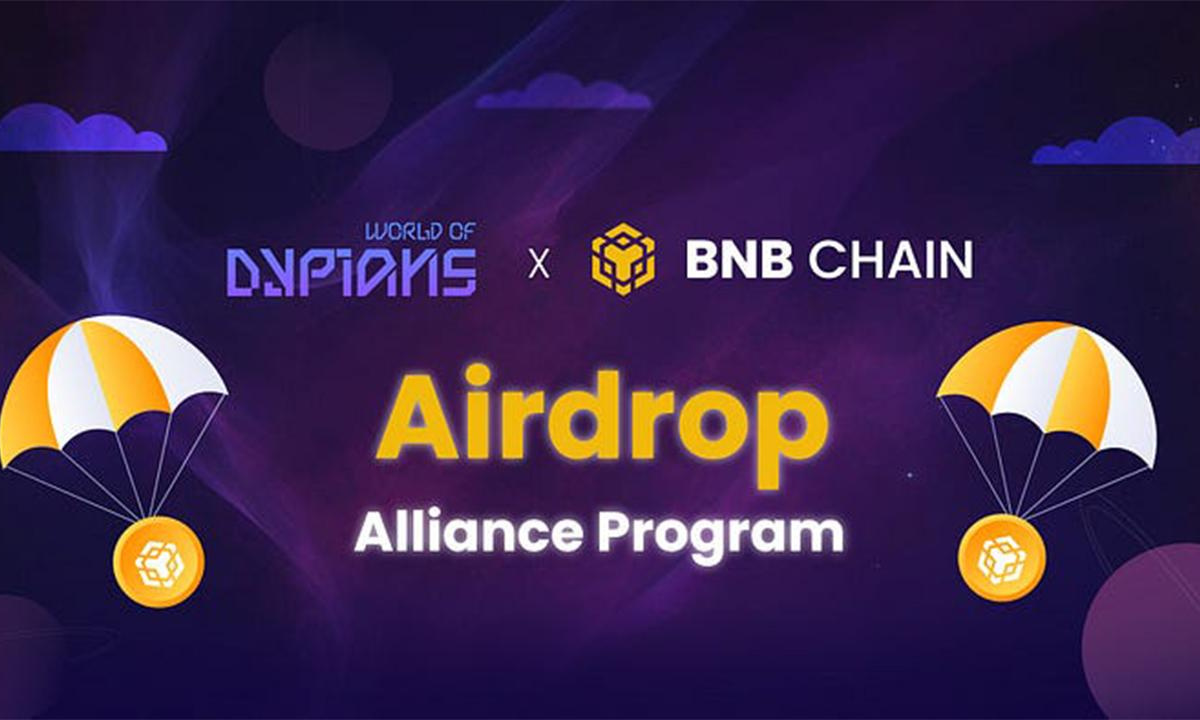Table of Contents
The dYdX foundation, the non-profit organization behind the dYdX decentralized exchange, has published a list of guidelines and requirements that validators and stakers must comply with.
According to dYdX, these guidelines have been issued to ensure maximum user protection.
Good Practices For dYdX Chain Validators
dYdX stated that it was releasing the list of good practices for prospective validators of the dYdX chain. The list has been released to further the foundation’s mission to foster, support, and promote the dYdX ecosystem by enabling communities, developers, and decentralized governance. According to the post, the list would help token holders make informed decisions regarding the selection of validators to stake to. It would also increase the likelihood of dYdX Chain L1 token holders to stake to them.
The blog post organizes the list of good practices into six distinct categories. These are MEV, Performance, Operations and Security, Transparency, Governance participation, and dYdX ecosystem considerations. The post states that validators must maintain high uptime and ensure that their node is online at most times. They should also keep mempools across the network more consistent and ensure a better experience for traders. It also stated that chain validators must minimize the slashing risk by monitoring the performance of their nodes. The team added in the post,
“It’s inadvisable to use “sentries” given increased latency, but instead opt for a threshold signer.”
Other good security practices highlighted in the post include the proper storage of keys, which should be backed up in a separate, secure location. Validators must also implement a system to issue alerts for critical issues and participate in dYdX chain testnets and operating nodes through a legal organization. It also laid emphasis on transparency, urging chain validators and stakers to engage with the dYdX community and keep them informed regarding current developments.
“Validators may choose to be transparent about their operations and provide regular updates to their delegations. This includes publishing information about geographic location, redundancy, physical security, node performance, uptime, and rewards distribution, among other things, and full disclosure of the total number of validators operated and the total stake controlled by them.”
Strong Stand Against MEV
The post has taken a particularly strong stand against Maximal Extractable Value (MEV), stating that validators must not engage in any activity that is related to MEV. According to the post, those engaging in MEV-related activities would be subject to punishment, and delegates would also face repercussions should they support any validator indulging in MEV practices.
“We expect that the dYdX community will take steps to disincentivize and punish bad actors who engage in MEV activities. As such, a delegator should consider that they may be impacted if they are delegating to a validator engaging in MEV.”
The team further noted,
“Aligning on potential good practices for validators could be important in guiding responsible participation and decision-making within the dYdX Chain ecosystem.”
Maximal Extractable Value or MEV refers to the practice of using arbitrage techniques to extract profit by reordering transactions that ordinary Web3 users execute. According to Flashbots, Ethereum users have lost a staggering $450 million to MEV since the Merge and over $600 million in the two years prior to it.
The dYdX Chain
The notice from the dYdX foundation comes as dYdX prepares to move from the Ethereum network to a Cosmos-based dedicated appchain. The second public testnet for the dYdX chain was launched on the 10th of August and introduced over 30 markets to the platform. dYdX is a leader in the perpetual DEX markets, with the protocol hosting over $400 million worth of trades on the 21st of August, according to Token Terminal.
Disclaimer: This article is provided for informational purposes only. It is not offered or intended to be used as legal, tax, investment, financial, or other advice.
Investment Disclaimer










